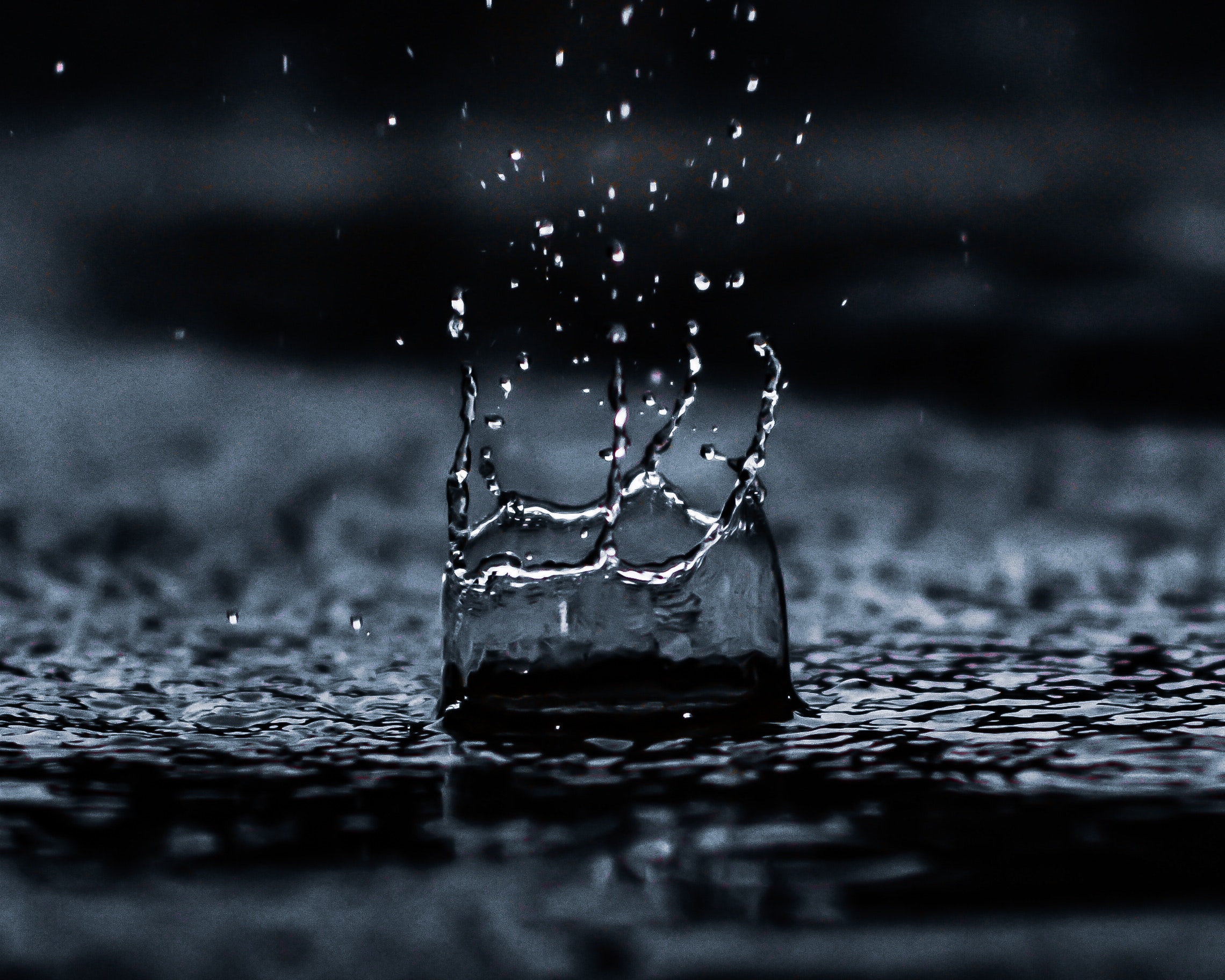Blog
Handwashing with cold water just as good as hot water for killing bacteria

Many of us have been taught from an early age that washing our hands with hot water and soap is crucial for keeping germs at bay. The United States government regulations also insist on the importance of hot water temperature for the health and safety of U.S. consumers. But is there any scientific evidence in support of this claim? A new study investigates.
Analyzing the effects of cold water versus hot water in handwashing
The new study examined the effect of various factors, such as soap volume, water temperature, lather time, and the handwashing efficacy of the soap as formulated on the product. At the beginning of the study, the participants used 1 milliliter of non-antibacterial soap for a 5-second lather time at a water temperature of 38°C. The bacterium examined was ATCC 11229, a nonpathogenic strain of Escherichia coli. The researchers examined the effects of hot and cold water handwashing on 20 volunteers, consisting of 10 men and 10 women. Each test was replicated 20 times over a period of 6 months. During this time, the participants washed their hands in water that was 16°C, 26°C, or 38°C. The volume of soap used also differed, with participants washing their hands with 0.5 milliliters, 1 milliliter, or 2 milliliters of soap.
The U.S. Food and Drug Administration (FDA) stateTrusted Source that warm water is more effective for removing germs during handwashing than cold water is, and they require the water temperature in restaurants, cafeterias, and other food service establishments to be 40°C, plus or minus 2 degrees (or between 100 and 108 degrees Fahrenheit). The rationale for this is that hot water makes soap lather and helps to get rid of the germs. But is this scientifically proven? Previous research has drawn attention to the fact that there is not scientific evidence to back up the claim that hot water is required to kill off germs during handwashing. And now, new research suggests that cold water might do the trick just as well as hot water. The study was carried out by researchers at the Rutgers University-New Brunswick in New Jersey, and the results were published in the Journal of Food Protection.
